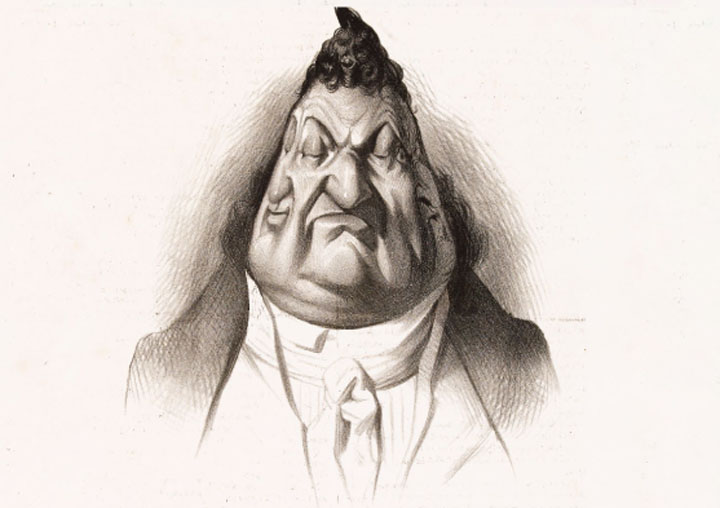The relationship between science, medicine and law, main character of the XVIII Congress of the Spanish Society for the History of Medicine
- Press Office
- June 10th, 2022

Under the title ‘Ciencia, medicina y ley’ (Science, medicine and law), the XVIII Congress of the Spanish Society for the History of Medicine (SEHM) will be held in València on June 15th, 16th and 17th. The Congress, which had to be postponed for two years due to the pandemic, will be held at the Cerveró Palace (headquarters of the Lopez Piñero Inter-university Institute [IILP-UV]), at the Principal Peset Hall of Residence and at the Faculty of Medicine of the Universitat de València.
The confluence of science and medicine with law has generated throughout history (and still generates) a series of debates on which the Congress will reflect, such as the role of forensic science, the regulation of medical and scientific practices, the controversies in patents and intellectual property rights and the health policies, among others. The Congress will also address other topics, such as the similarities between COVID-19 and other infectious diseases of the past, the regulation of humanitarian aid actions and the scientific knowledge in the legislation of occupational risks.
Science, medicine and law
The Congress will be inaugurated on Wednesday, June 15th, with the intervention of Carmel Ferragud (director of the Department of History of Science and Documentation of the Universitat de València and vice-president of the SEHM), Ximo Guillem-Llobat (director of the IILP), Javier Chorro (dean of the Faculty of Medicine of the Universitat de València) and Bertha Gutiérrez (president of the SEHM).
The inaugural conference will be in charge of Marilyn Nicoud, professor of History of Medicine and Healthcare at the Avignon University, who will address the figure of the expert in the Middle Ages, a period of time where that concept had little to do with what it means today. The Congress will continue with various thematic round tables where topics like medicine and gender, public policies and social and health alarms will be debated. The first day will finish with the presentation of posters.
On Thursday, June 16th, the thematic round tables will continue discussing the movement of knowledge, the evidence and regulation in medicine and nutrition and the legal sources in the historic-medical research of early modern period, among others. A session of book presentations and the SEHM assembly will close this second day.
On Friday, June 17th, the Congress will finish with the last thematic round tables dedicated to occupational risks, the regulation of humanitarian relief, cancer in healthcare policies during the second half of the 20th century, and the speeches and practices about behaviours considered as pathological. The closing conference will be given by Sara Fajula, PhD in History of Science, who will address the incursion of contraceptive methods in Spain during the 60s and 70s of the 20th century, as well as the boost of the first family planning clinics. An historic and medical tour around Valencia by Lluís Pascual (master's degree in History of Science and creator of the ValCiència tour) will close the Congress.
The Congress is organised by the Spanish Society for the History of Medicine, the Lopez Piñero Inter-university Institute and the Universitat de València.
















